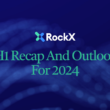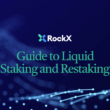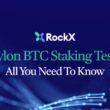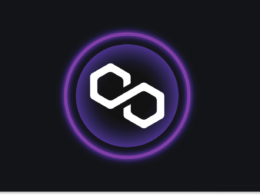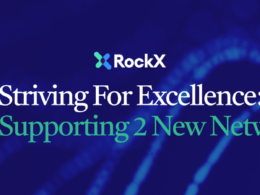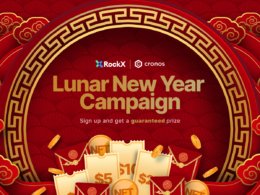Ethereum is the most popular and used decentralised blockchain network, which is powered by the Ether (ETH) token. Founded in 2015, Ethereum pioneered smart contracts, which are self-executing programs written in code that automatically execute predefined actions when certain conditions are met.
This made Ethereum programmable, enabling developers to create decentralised applications (dApps) on the blockchain. dApps are a growing movement that leverages Ethereum to disrupt the financial sphere.
A dApp is like any application but is built on a decentralised network to be free from the interference of a single authority and combines a smart contract and a frontend user interface. DApps are open-source and have their data and records public. They use a cryptographic token to incentivise users and help keep their network secure. In order to build these dApps, developers utilise RPC (Remote Procedure Call) nodes that allow them to interact with the Ethereum blockchain.
With RPC nodes, developers don’t need to run blockchain nodes independently; rather, they can simply connect to public and private RPC endpoints. This is because RPC nodes provide an interface to communicate with the network and perform various operations, such as reading data from the blockchain, sending transactions, and executing smart contracts.
Ethereum has the biggest ecosystem of dApps, ranging from Stablecoins, Decentralized Finance (DeFi), and Non-Fungible Tokens (NFTs) to Governance and DAOs, Prediction Markets, Supply Chain and Traceability, Gaming and Virtual Worlds, Identity and Personal Data, and Social Networking and Content Platforms.
Today, we’ll look at three of the most prominent dApps on Ethereum. So, let’s get
started!
Uniswap (UNI)
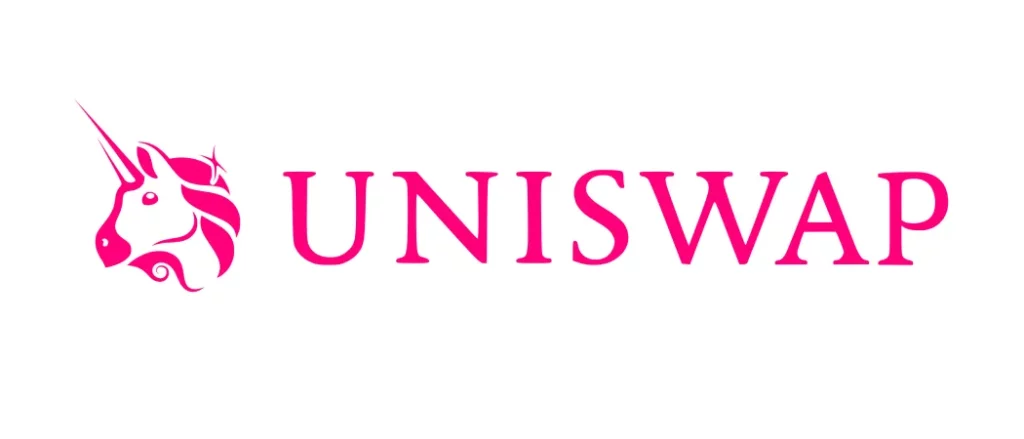
Uniswap is the largest decentralised exchange (DEX) that enables users from anywhere in the world to trade crypto peer-to-peer rather than through a centralised intermediary. Its native cryptocurrency, UNI, is a governance token that allows users to vote on key protocol changes to the platform.
Launched late in 2018, it was actually one of the first DeFi applications to gain significant traction on Ethereum. Since then, numerous DEXs have entered the market, but it remains the most popular by a considerable margin.
Uniswap pioneered the Automated Market Maker (AMM) model. It is the key defining feature of a DEX, which replaces an order book to eliminate all intermediate processes in crypto trading. AMMs use smart contracts to determine prices and provide liquidity. For this, users deposit assets into smart contracts called liquidity pools, which automatically execute trades based on predefined mathematical formulas rather than relying on individual buy and sell orders.
Basically, anyone, anywhere, can supply tokens to liquidity pools, trade crypto, or even create and list their own tokens. Currently, there are thousands of tokens available on Uniswap. Unlike a CEX, a DEX doesn’t support custodial infrastructures, allowing users to control their own funds.
Uniswap uses RPC nodes to access the Ethereum blockchain and retrieve information about token balances, liquidity pools, and transaction history. What happens here is whenever a user interacts with the DEX through a web interface or a mobile application, Uniswap connects to an RPC node to fetch relevant data and execute transactions such as swapping tokens.
OpenSea
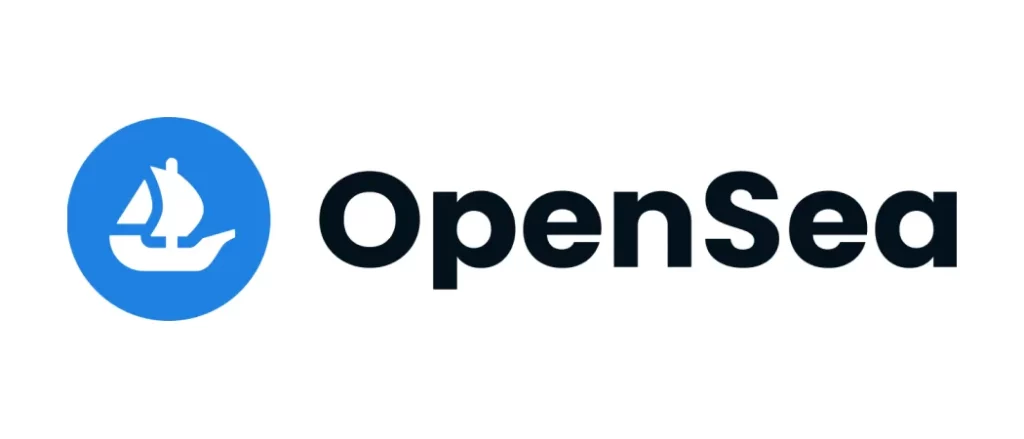
Founded in 2017, OpenSea is a popular NFT marketplace that offers users the ability to buy, sell, create, and trade NFTs. NFTs are unique digital assets that are tradeable and usable across multiple apps while being provably scarce assets. While one can do anything with them, like physical goods, they’re equipped with all the programmability of digital goods.
OpenSea is the largest NFT trading platform, with more than 2 million collections, over 80 million NFTs, and more than $20 billion in volume.
The marketplace supports different types of NFTs, ranging from art, collectables, and music to domain names, sports assets, virtual lands, and utility NFTs as membership passes. It further allows users to find the most trendy collections per category. Users even have the option to select a particular blockchain to explore.
The platform simply facilitates the transfer of NFTs. The transactions are actually performed directly on the Ethereum network between a seller and a buyer. OpenSea is also non-custodial, meaning your NFTs are not stored on the platform but are sent to the user’s wallet address.
As for confirming ownership of digital collectables, OpenSea uses Ethereum standards ERC-721 and ERC-1155 for NFTs.
The platform connects to an RPC node in order to display NFT listing, user wallets, and transaction history. This allows OpenSea to retrieve all kinds of information about NFT contracts, token metadata, ownership details, and past transactions. So, whenever a user buys or lists their NFT, Opensea utilises RPC nodes to send transactions to the Ethereum network.
Compound (COMP)
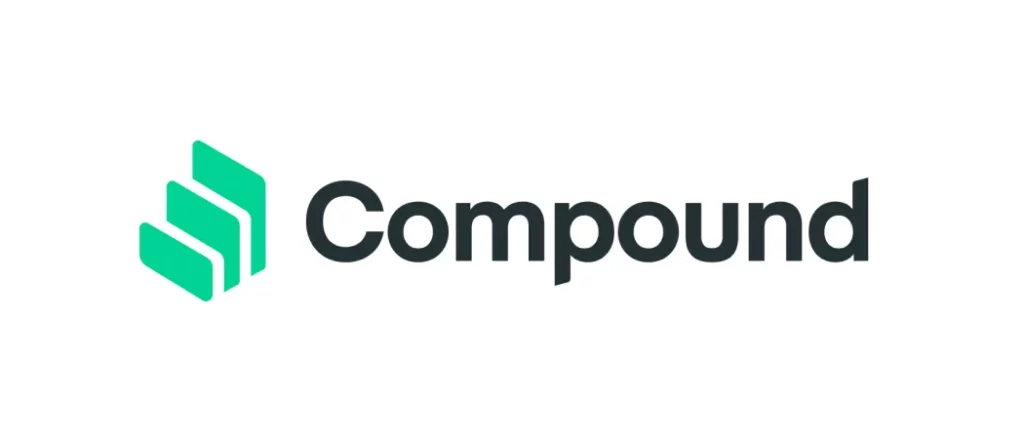
Compound is a decentralised lender that allows anyone to lend and borrow funds without a financial intermediary like a bank. At its peak, Compound had more than $11 billion in assets locked in the protocol, as per DeFi Llama.
Users can deposit crypto assets into lending pools on Compound and earn interest. Once a deposit is made, the protocol awards a new crypto called a cToken, representing the deposit to the lender. These tokens can be traded or transferred without any restriction. However, you can only redeem them for the crypto asset that was initially locked in the protocol. This entire process is automatic, as lenders can withdraw deposits anytime.
While anyone can send their tokens to an Ethereum address controlled by protocol to earn interest, anyone can also post collateral on the platform in the form of cryptocurrencies and borrow crypto supported by the platform at a percentage of the posted value.
COMP is the native token of the protocol, which is used to incentivise activity on the platform. Every time you interact with Compound, the platform rewards you with more COMP tokens.
Compound leverages RPC nodes to interact with the Ethereum blockchain for various functions such as checking account balances, viewing borrowing and lending rates, supplying assets to the protocol, borrowing assets, and repaying borrowed amounts. This way, RPC nodes enable the protocol to read data from the blockchain and submit transactions to update the state of user accounts and interact with the Compound’s smart contracts.
RockX RPC Node Referral Campaign Raffle
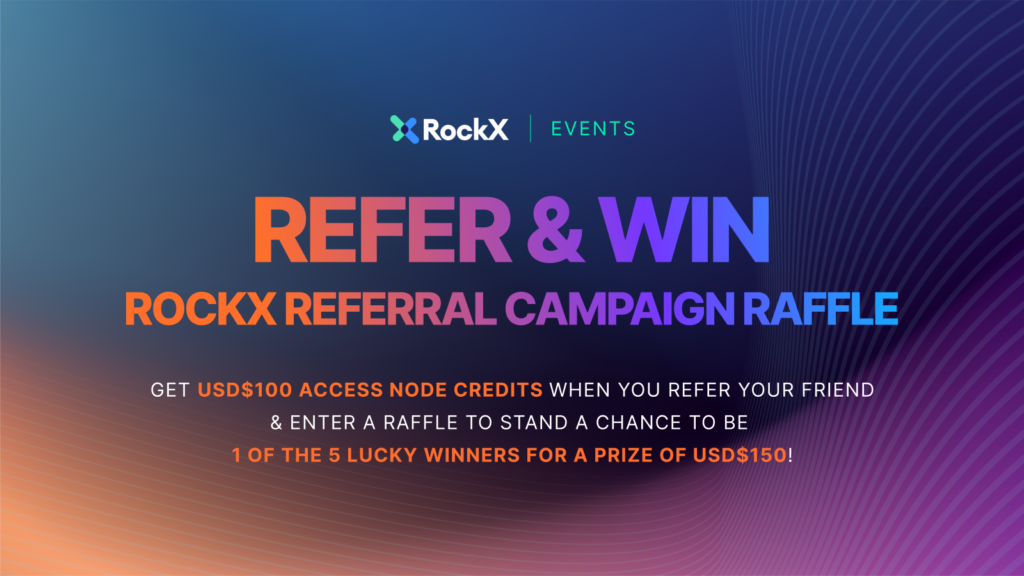
One of the popular RPC node providers in the crypto market today is RockX. It offers easy, on-chain access to the majority of the leading blockchains, such as Ethereum, Solana, Optimism, Arbitrum, Fantom, Avalanche, BNB Chain, Polygon, Aptos, and others.
Developers can instantly interact with major PoS blockchains through its instant connectivity, reducing their development complexity and cost. Moreover, RockX’s hybrid cloud architecture and backup nodes avoid any single point of failure. Rockx’s 24/7 monitoring and recovery system meanwhile ensures nodes are always online. RockX further constantly provides upgrades of the latest security fixes and new features of blockchains. This way, the secure access control prevents any DDoS attacks and hacks. RockX has an access node portal through which one can easily subscribe, manage, and make use of all API keys with a few clicks.
Given the popularity of Rock’s RPC node solution, the company is currently running a Referral Campaign Raffle that will last until June 26. Through this program, users can refer their friends to RockX’s Access Node Portal and earn up to $1,050 in rewards.
To get started, you have to just sign up for an Access Node Portal account. It’s a pretty quick and easy process which is also completely free. Once you’ve registered, log in to the Access Node Portal from the campaign page. There, you’ll find a button that automatically generates your own unique referral link. This link will allow you to share the campaign with your friends and earn rewards.
When your friends sign up using your referral link, both of you get a $100 Access Node Voucher reward. The more friends you refer to, the higher your level and the higher your benefits.


